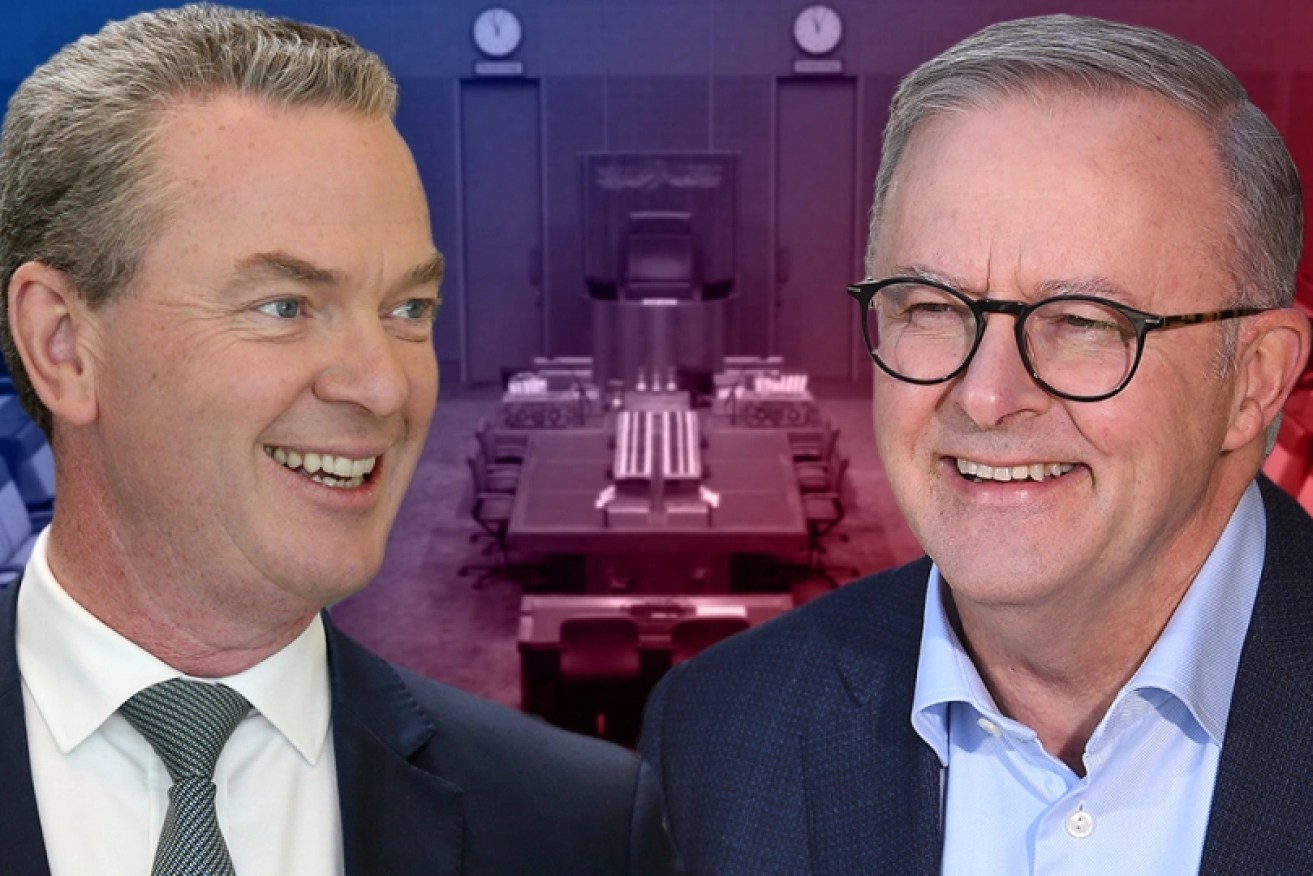Unrepentant partisan, unlikely friend: Christopher Pyne’s verdict on Albanese
When Anthony Albanese won power almost a year ago he made a promise on a drizzly election day afternoon that seems like it might come to frame his legacy.

Photo: AAP/The New Daily
His vow to change the conduct of Australian politics at one of its lowest points might have seemed like a weird, exuberant try-line celebration after a cautious campaign.
But like most of everything with Albanese, it was carefully calculated and a statement of intent.
Next month some reporters who struggle to see in front of their own noses will try to peer above the sweep of history and ask whether he has achieved his goal.
But the more interesting judgment will be from Christopher Pyne, the former Liberal MP who was Albanese’s partisan photo negative for many decades.
The South Australian’s forthcoming appraisal of Albanese’s leadership is an insightful counterpoint from a remorseless partisan committed to the politics the PM vowed to change.
But it’s also a sometimes warm appraisal of his style of leadership written by one of the PM’s keenest antagonists and – almost no one beyond Canberra would have suspected – friend.
“I think I can say without conceit, there would be few on the Coalition side who know Albanese as well as I do,” Pyne writes in a correspondence piece to be published in Quarterly Essay.
It is a strange sort of Canberra friendship – the kind cemented on mutual respect and the exchange of gibes on the Today show over many years.
Pyne says Albanese is driven as only an outsider can be.
But the PM had a talent that he had been among the few to spot in his earliest days, he says, after he was struck by his “chutzpah”.
‘Rough around the edges’
“Sure, he was rough around the edges, quick to take offence, a brawler, a socialist and a rebel,” he writes.
“But he was also articulate, committed, partisan, hardworking, passionate and believed in things.”
Over the next two decades they exchanged barbs across the chamber, and even offices after an election defeat.
“Over time, we came to respect and even like each other.”
But they think very differently about the future of politics.
Albanese had been known as the Marrickville Mauler for his apparent enthusiasm for question time biff.
Nor have his opponents forgotten the time he summed up his reason for being as “fighting tories”.
But on the journey to high office Albanese developed a keen sense of changing times and declining loyalty to party politics that reached its highest expression in the election that brought him to power and redrew the political map.
These trends and their impact on the quality of political representatives have been in the background of Mr Albanese’s calculations as much as the government’s National Anti-Corruption Commission and this year’s referendum on the Indigenous Voice to Parliament have been in the foreground.
Pyne, on the other hand, is remorselessly focused on realpolitik and has little regard for the prospects of human nature changing.
Besides, he says, expectations at the start of a government’s term mostly reflect a vibe and the look of election winners and losers.
“It certainly felt that way in 2007, when there was a generational change after a long period of government and the baton was passed from (or rather wrenched from the grasp of John) Howard to Kevin Rudd.
“So too when Julia Gillard lost to Tony Abbott, mostly because they are utterly different characters.
“For me, there’s only the ebb and flow of victory and defeat.”
And whether his side of politics can regroup and win over voters by pitching back to the political centre remains to be seen, he says.
“The true test starts now.”
This article was first published by The New Daily.




